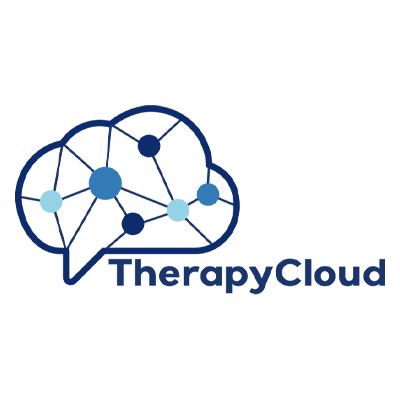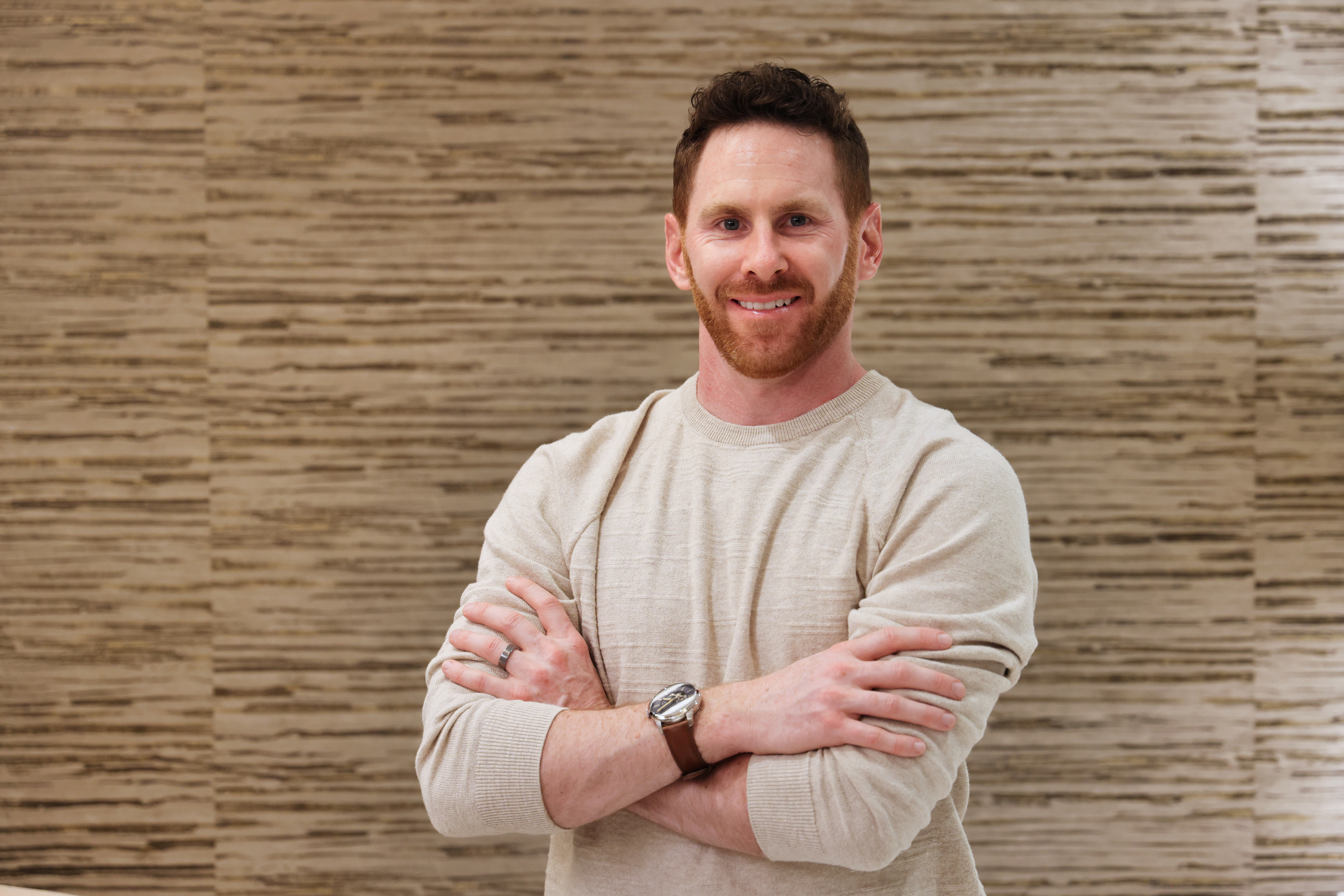Supporting a Loved One Through Addiction: A Family Guide to Recovery

Witnessing a loved one battle addiction can feel like navigating a storm—turbulent, unpredictable, and emotionally draining. The behaviors associated with addiction—lying, manipulating, withdrawing, neglecting responsibilities—take a toll not just on the individual, but on the entire family. Addiction isn't a moral failing; it's a chronic disease that impacts brain function and requires professional treatment. While their actions may be hurtful, remember the person beneath the addiction is still there, seeking relief from a powerful disease. Your unwavering, yet discerning, support can be a cornerstone of their journey toward recovery.
Understanding the Difference: How to Stop Enabling and Start Empowering
One of the most critical steps families can take is to recognize and stop enabling behaviors. Enabling, often born from a place of love, inadvertently allows the addiction to flourish by shielding the individual from the consequences of their actions. This can manifest as making excuses, lending money, or taking on responsibilities that are rightfully theirs.
Instead, empowerment should be your guiding principle. This involves:
Setting clear boundaries: Define unacceptable behaviors and the consequences of crossing those boundaries. For example, prohibit substance use in your home, decline to lend money, or refuse to engage in arguments fueled by intoxication.
Communicating with clarity and compassion: Express your concerns and boundaries calmly and assertively, without judgment or blame. Use "I" statements to convey your feelings and the impact of the addiction on you.
Following through on consequences: Boundaries are only as effective as the consequences associated with them. If a boundary is broken, it's essential to follow through with the predetermined consequence, no matter how difficult.
Remember, you aren't responsible for curing addiction, but you can create an environment that encourages seeking and engaging in professional help.
Navigating Addiction Treatment Options: From Inpatient to Outpatient
Addiction recovery is a complex process that often requires a continuum of care. Encourage your loved one to seek professional help from a qualified addiction specialist who can assess their needs and recommend the most appropriate addiction treatment option.
Understanding Treatment Options:
Inpatient Programs (IP): Residential treatment programs offer 24/7 care and a structured, substance-free environment, ideal for those who need intensive support.
Partial Hospitalization Programs (PHP): PHPs are a step down from inpatient care, providing daily medical and therapeutic support while allowing individuals to return home at night.
Intensive Outpatient Programs (IOP): IOPs offer a flexible treatment option for individuals who need ongoing therapy and support while managing daily responsibilities like work or school.
Outpatient Therapy: Traditional outpatient therapy offers individual and group counseling sessions on a less intensive schedule, often as a step-down from more intensive programs or for those with milder issues.
Creating a Supportive Environment for Lasting Sobriety
A clean and healthy environment is crucial for fostering long-term sobriety.
At Home: Remove all substances, paraphernalia, and potential triggers. Create a calming space free from stress and anxiety. Establish routines, encourage healthy activities, and surround your loved one with supportive individuals.
At Work: Help your loved one establish boundaries at work to prioritize their recovery and avoid stressful or triggering situations.
Social Life: Encourage engagement in sober social activities and the development of a recovery-focused social network.
Educating Yourself on the Disease of Addiction
Knowledge is power in the fight against addiction. Understanding the disease, its impact, and the recovery process can help you offer informed and empathetic support.
Consider watching films like Pleasure Unwoven and Memo to Self by Kevin McCauley. These films offer insight into the neurobiology of addiction, the disease model, and the challenges of recovery.
Why Self-Care Matters: Finding Support for Yourself
Supporting a loved one through addiction is emotionally taxing, and it's vital to prioritize your own well-being.
Peer Support Groups: Join support groups like Al-Anon Family Groups or Nar-Anon Family Groups. These groups provide a safe space to share experiences, learn coping strategies, and connect with others facing similar challenges.
Individual Therapy: Seek individual therapy to process emotions, develop healthy coping mechanisms, and manage the impact of addiction on your own life.





.png)

